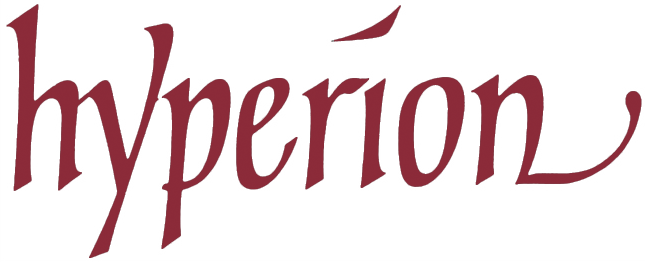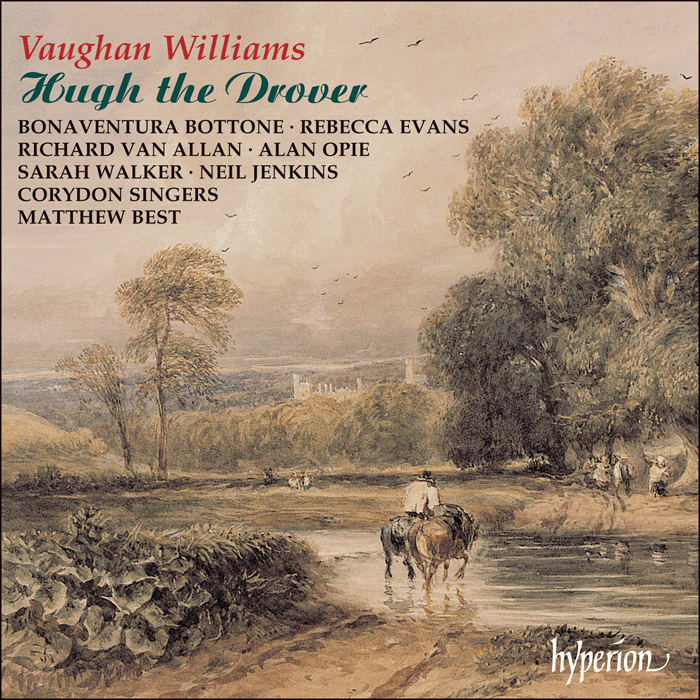Vaughan Williams: Hugh the Drover
Bonaventura Bottone (tenor), Corydon Orchestra, Matthew Best (conductor)
CDA66901/2
This remark by Ralph Vaughan Williams to Bruce Richmond, editor of The Times Literary Supplement, in 1909 or 1910, was the beginning of Hugh the Drover. Richmond found Harold Child, a Times leader-writer, and some weeks later Vaughan Williams wrote him a long letter† warning him that, ‘if our scheme ever comes to anything I see hardly any chance of an opera by an English composer ever being produced, at all events in our lifetime’, a forecast that happily proved incorrect – though in 1910 it must have seemed likely enough. He told Child that he wanted to try his hand at ‘an opera on more or less accepted lines, and preferably a comedy, to be full of tunes, and lively, and one tune that will really come off … This fitted in with another idea of mine which was to write a musical, what the Germans call Bauer Comedie – only applied to English country life (real as far as possible – not sham) – something on the lines of Smetana’s Verkaufte Braut [The Bartered Bride] – for I have an idea an opera written to real English words, with a certain amount of real English music and also a real English subject, might just hit the right nail on the head … the whole thing might be folk-song-y in character, with a certain amount of real ballad stuff thrown in’. He then outlined, as a suggestion, the essence of a plot which became Hugh the Drover and which shows that even at this early stage certain musical situations were very clear in Vaughan Williams’s mind – the fair scene, with the salesmen’s cries and the Ballad-Seller’s song, the fight, and the dawn return of the mayers after the love duet, one of the most poetic moments in the opera and based on a real-life incident told him by a Cambridgeshire folksinger.

